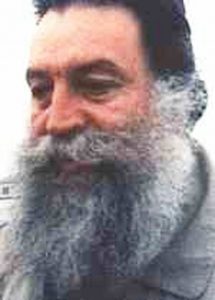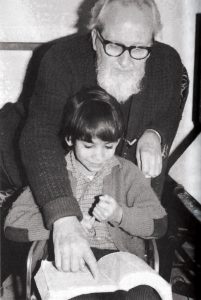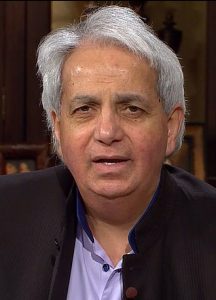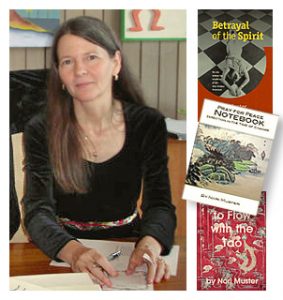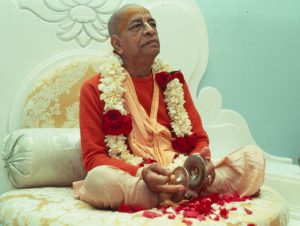By Brian Birmingham
Hey David, I know that you are online a lot and always interested in whatever attention that you receive. And there have been a couple of articles that have recently appeared about you and your followers here at CultNews.
You probably saw a recent report about how you borrowed or copied many of your ideas from other groups called “cults” like the Brethren founded by the late Jim Roberts. Jim didn’t appear to like you very much. Apparently, you were trying to poach some of his followers.
Well, if you do occasionally check out CultNews to see if you have gotten some attention maybe you will see this letter, which is now publicly posted.
David, you and I go way back. I’ve studied you and the group you created for almost twenty years now. These studies began shortly after 9/11, which is when I first met your devotee James on the street in Dallas. He was fund raising for you and handing out your “Liberator” comics.
At one point I even considered actually joining your group for a trial week in the Spring of 2002.

Dave McKay
I want to warn people about you, your deceptive recruitment tactics and the various scams you run until you are gone.
In my opinion you are a modern-day Diotrophes (3 John 9-10) a false prophet and false teacher (1 Timothy 6:3-5). It seems to me that you are exactly the type of person Jesus warned Christians about in the New Testament.
Is there any good in you?
Is there anything that you have ever done that warrants positive recognition?
Sadly, it seems to me that the answer appears to be no. Despite your years of reading about Jesus’ teachings you don’t seem to have genuinely internalized any of them, nor do you really live them.
Must people feel sorry for someone like you who seems so lost?
No. I don’t think there is anything anyone needs to sympathize about concerning such a selfish life wasted on self-aggrandizing stunts and scams.
Anything that MIGHT have been a positive attribute, like your ability to be witty is spoiled. Because your wit is almost always poisonous sarcasm; it’s an expression of your incessant cruelty, and cannot be considered a good trait.
Thought admittedly you can actually be funny, but it’s so often humor at someone else’s expense, cutting and unkind.
David, you are a smart guy. But you have used your intelligence to hurt people. For example, you use your writing ability to beat down and bully others, in an apparent attempt to try to make them feel stupid and inferior. So, your intelligence doesn’t count as a positive quality, since you have used it to do evil.
David, you are quite creative, but that too is tainted. Because you use your creativity to deceive, lie and slander. You make up wild stories like a grifter to suck in your unsuspecting followers deeper into your abyss.
Even the kidney donation thing you came up with was a scam. You used it like a con man for media attention and now that the media is on to you, you’ve lost interest in helping people by promoting organ donations.
But you certainly can always find the time to bash the bereaved families of your followers whenever you can.
David, please understand I don’t wish any harm to come upon you or your devoted disciples.
In fact, I actually admire and respect what you and your followers claim that you stand for.
But the Bible warns that some people may “claim to know God, but by their actions they deny him (Titus 1:16). Jesus warned (Matthew 24:5) and “deceive many.” But Jesus said (Luke 21:8) “do not follow them.” You see David real Jesus Christians must be wary, and watch closely what would be teachers do, to see if their actions match their words.
All Christians want to be more like Jesus in thought, word, and deed.
Some of your studies online are noteworthy due to the ideals they teach.
However, it’s not enough to teach what Jesus said if you don’t follow-up by trying to live by His teachings. That’s the hard part David, it’s about obeying Jesus, which is exactly your problem. You talk the talk, but you don’t walk the walk, which makes you a hypocrite.
No doubt, if you bother to discuss this letter with anyone you will probably attack me personally. This has often been your response to criticism or claims of “persecution.” But false claims of persecution and personal attacks won’t change the facts. And it isn’t a meaningful response to the issues raised in this letter.
Frankly, in my opinion your followers are being deceived. And I think you know that. Deception is your trade David. That’s how you have supported yourself for many years. Taking advantage of others through deception.
You are a predator that quells the spirit and wounds the psyches of your victims.
So, what can someone expect as the net or end result of being involved with someone like you?
The people you dominate and manipulate all seem to eventually end up on the street hawking David McKay’s writings and fund raising.
Doesn’t that demonstrate your selflessness David?
Are you “forsaking all”, “trusting God” and not depending on money?
It seems to me that the focus of your group is to promote your words, while constantly fund raising to sustain you and your deception.
Well David, you’ve been doing this for a very long time, decade after decade, with a small, but deeply devoted sect of followers.
Maybe now it’s time for you to slow down and get right with God while you still have time?
It’s never too late to make things right with God if you earnestly seek Him in repentance.
And what about your adult children?
Isn’t it time to get things right with them too?
You are not getting any younger David; in a few years you will be 80.
Think about it. Or better yet pray about it. It is better for you to pray to God then to prey upon others.



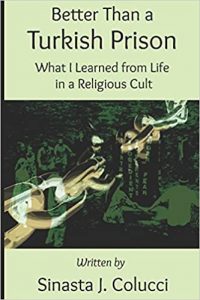 Sinasta J. Colucci understands this very well. And this understanding is reflected in the pages of his book
Sinasta J. Colucci understands this very well. And this understanding is reflected in the pages of his book 